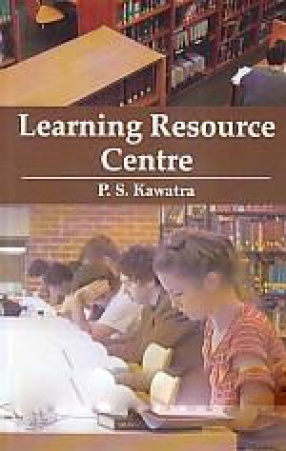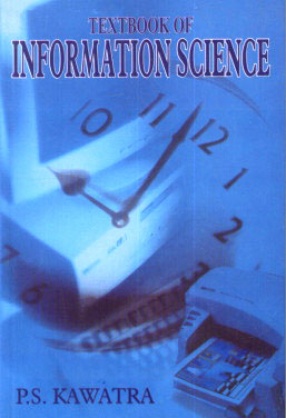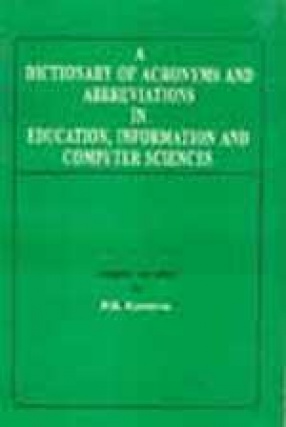
Showing all 3 books

Contents: 1. Introduction concept and nature of learning resource centre. 2. Children libraries. 3. Reading and reading habits. 4. Information literacy. 5. Library automation and networking. 6. Electronic resources. 7. Care and maintenance of library materials. 8. User information needs and user education. 9. Library services in changing scenario. 10. Management. 11. Competencies of LIS professionals. 12. Networked learning for distance learners.

Textbook of Information Science is an up to date work on different aspects of documentation and information science. Starting with the definition, of documentation and information science, the book makes a detailed study of National Information System for Science and Technology. The author considers that the user is paramount in the library and information centre. According to him Library Service is essentially as intellectual service. Hear the reader (user), the ...

Acronyms and abbreviations are used for long. Multiworded terms and phrases to reduce monotony and save precious printing space and time. but also serve as popular catch words, ideas and programmes to attract the target audience. Doubtlessly, these are mnemonic, easy to write, ready, speak and remember. There are several dictionaries available separately for each discipline but there is none exclusively devoted to multi-disciples, information specialists and ...
